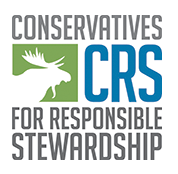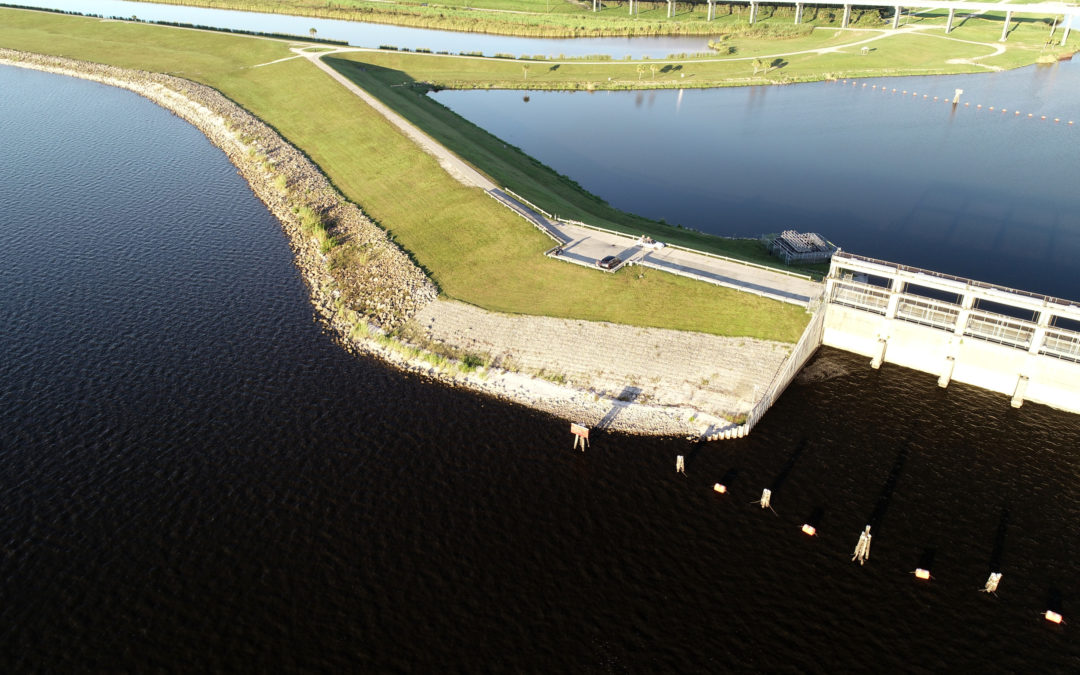Most people probably imagine the surrounding ocean when they think of Florida’s great water assets. Lake Okeechobee, though, is the third largest freshwater lake in the nation. To say this lake is massive is an understatement. The lake itself has a 135-mile shoreline, a surface area of 730 square miles, and contains several islands.
Lake Okeechobee—surrounded by towns like Belle Glade, Okeechobee, Pahokee, and South Bay—is a hub for tourism and attracts many outdoor and boating aficionados. The lake itself is an excellent fishery with some of the best bass fishing in in the world. Whether you live in Florida or just come for a visit, Lake Okeechobee has a lot to offer.
For South Florida, Lake Okeechobee is a vital economic and ecological resource. It brings in huge amounts of revenue to the region while providing critical habitat for birds, fish, and many other wild creatures.
The lake also plays a key role in flood control and the water supply of South Florida. It is an essential water source for nearby farms, residents, businesses, and wildlife.
Florida may be nicknamed the “Sunshine State”, but the state also gets its share of storm events that bring heavy rain. Whether this comes from typically afternoon thunderstorms or tropical storms and hurricanes, flooding is an issue that many Florida cities face yearly. The ability of Lake Okeechobee and its surrounding wetlands to collect and hold water provides essential flood protection for the area.
Recent years have shown a decline in the overall health of the lake. Florida Department of Environmental Protection (DEP) has classified Lake Okeechobee as a Class I drinking water source, which comes with strict requirements to help prevent pollution. Yet, in recent years, excessive nutrients from agricultural activities have been flowing into Lake Okeechobee, threatening its health.
Efforts to restore the health of Lake Okeechobee, have been made by a few members of the State Legislature and Members of Congress.
For example, the Florida Senate Appropriations Committee sponsored SB2516 - Water Storage of Lake Okeechobee. This bill pushes the South Florida Water Management District and the United States Army Corps of Engineers (USACE) to accelerate the progress of a key restoration project for the lake. This bill passed with unanimous bipartisan support and was signed into law by Governor DeSantis.
United States Representative Brian Mast (R-FL) has sponsored several bills in Congress centering around Lake Okeechobee.
These include:
H.R.2157 - Stop Poisoning Florida Act, which requires that the USACE prohibit releases of water from Lake Okeechobee’s Port Mayaca and St. Lucie Locks and Dams when the water in these areas reach the maximum accumulation of microcystins. Microcystins is a class of toxins that is produced by certain freshwater blue-green algae.
H.R.2155 - The Toxic Health Threat Warning Act of 2021, which requires that the USACE determine if the water is polluted with blue-green algae before the release of the water from a flood risk management project. If the water does turn out to be polluted, then the USACE must inform the public and local governments of any water releases, details about the contamination, and possible impacts on human health.
H.R.565 - The South Florida Clean Coastal Waters Act of 2021, which also tackles damaging algal blooms in the South Florida ecosystem. This bill tasks the Inter-Agency Task Force on Harmful Algal Blooms and Hypoxia with the responsibility of assessing the possible methods to eliminate the harmful algal blooms within the ecosystem.
These are just some of the efforts aimed at restoring Lake Okeechobee back to full health. Not only do these Congressman Mast-sponsored bills need to pass, much more needs to be done if residents of South Florida want to keep benefiting from this incredible natural resource.
Lake Okeechobee has been a gift that just keeps on giving. The same is true of the Everglades that also depend on this essential source of freshwater. However, we must work harder to reduce and mitigate the impacts on these resources that have come from development. We have to be good stewards. Otherwise, we stand to lose these vital natural assets—and with them, our prosperity and way of life.


